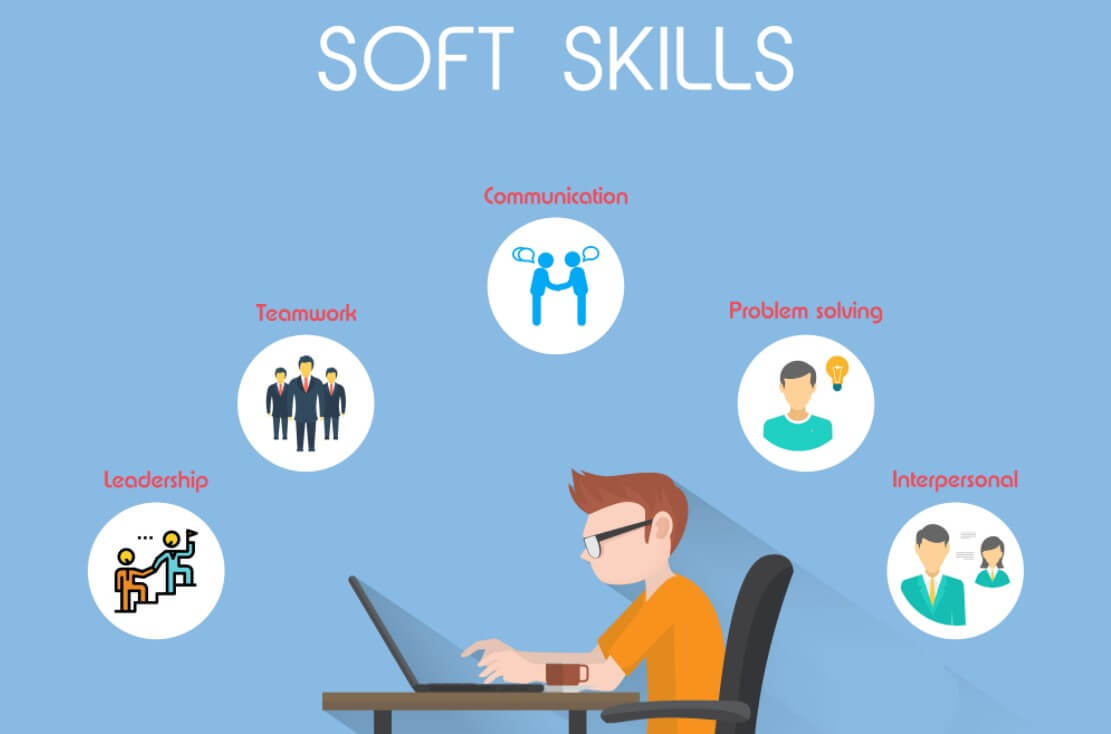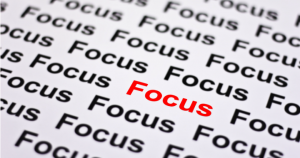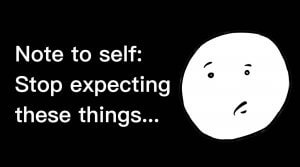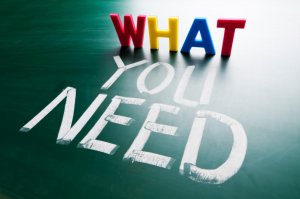Soft skills enhance our abilities to adapt to our work environment and enable a smooth exchange of information or services. While traders are not standard employees one can find at a typical workplace, they still need to exhibit skills related to personality, attitude, flexibility, and motivation, among others. As forex trading is a rather solitary endeavor, unless you are overly dependent on your Twitter forex community or your trading coach, you still need to develop such skills despite the lack of interpersonal contact.
Unlike hard skills, the soft ones cannot be mathematically measured, but their quality lies in their ability to increase traders’ potential to see benefit from trading. Many traders who failed in this line of business attempted to approach forex in a simplified fashion, downgrading it to betting and, hence, substantially affecting the end result. Therefore, to be able to understand forex and ensure prosperity, adopting a variety of soft skills is a requirement. Since trading currencies is a unique sort of business, we are going to highlight the skills that have proved to fortify healthy practices, boost self-development, and increase returns. You will find this article to be divided into three major sections that comply with the natural progression of every trader’s experience, which you can use as a guide to monitor your own development and ensure profitable trades in the future.
Stage 1: Learning
At the very beginning of a trading career, each individual intends to find proper learning materials that would best support the acquisition of new terms, understanding of the market, interpretation of charts, and acquaintance with concepts such as strategy, indicator, and algorithm. To be able to facilitate this educational process, you will need to exhibit the willingness to learn and employ research skills extensively. In addition, to further build resourcefulness, you will also need to make use of critical thinking to be able to discern whether the information you obtained is applicable or useful. Some people like to be creative in terms of how they adopt the knowledge, so they will use post-it notes or turn to drawing, thus showing their eagerness, motivation, and respect towards education.
If you learn how to value the opportunity to learn, you will much more easily go over all other stages of trading development because every step is a part of a bigger process that takes time, patience, and effort. Last but not least, you will need to start seeing yourself as an entrepreneur and demonstrate leadership and management skills so that you can properly assign times of the day/week when you will focus on learning, regardless of other responsibilities you may have. While intrinsic motivation is quite rare, exploit curiosity and envision your goals and potential changes that can support a balanced learning routine and reveal the importance of building forex education.
Stage 2: Practice
At this stage, traders are creating a demo account, through which they can practice technical analysis and fundamental market analysis as well as test their strategies and algorithms. As can be seen from the previous sentence, analysis is a vital skill, which can help you learn how to determine when and how exactly to enter and exit trades. By demo trading, you are testing your ability to make tough decisions and manage situations independently. While some people may find it easy to draw the line, others will come to realize that they lack emotional preparedness and confidence to proceed with a trade or to end it. This phase is ideal for reflecting on your emotional intelligence where you will need to show honesty and courage in determining how your own emotional responses affect your overall trading. Being sincere with yourself will also allow you to make necessary changes that can only help you down the line.
Of course, to be able to track your progress, you will also find journal keeping to be an absolute must, where the skill of discipline can help you build a proper routine. Lastly, understand that each trade is similar to a project, where you are the project manager, responsible for the technical, the emotional, the budgetary, and the organizational side of things, and it is thus also your duty to monitor whether each step is taken at the right time. If we overinvest and disregard the alarming risk levels, our projects will fail. However, if we invest too little, these projects will never come to fruition, so we need to exercise control as well as money and risk management. Remember that the ability to adjust to new circumstances and balance other life roles and responsibilities will also determine how well you can direct yourself, plan your strategy, control your emotional responses, and build your trading stamina.
Stage 3: Professional Trading
The last stage, or the stage where you are finally ready to trade real money, is the moment when all your skills and knowledge of trading psychology will be tested. By now, you have already shown dedication, persistence, attentiveness, resilience, humility, the openness to change, and the ability to be corrected and trained, among others. Here you will need, more than ever before, to show faith in your system, regulate your compulsions to make changes in the middle of a trade, and monitor your risk and money management so as not to overexpose for example. While you may have a plethora of other responsibilities, you will demonstrate the skill to work under pressure but with a clear mind, which may require you to follow expert directions on how to relax and prepare yourself mentally/emotionally before trading.
Since real money trading tends to awaken our deepest fears, you know that you may at times need to build your attitude more devotedly and work on your positivity, and you should find comfort in knowing that have already proved to be able to troubleshoot anything that needs fixing. Remember to employ critical observation skills when it comes to assessing your technical skills, results, and psychology, but also strive to nurture tolerance and accept your flaws as areas where you can keep growing and enhancing your trading experience.
While forex does imply a different and possibly either stricter or more lenient schedule, depending on what reality you are used to, use your soft skills to perfect your technical skills and maximize your returns. Not everyone finds it easy to plan and strategize although every person needs to bear the responsibility for overcoming his/her shortcomings. Intrinsic motivation, control, determination, and critical thinking can get you far, as long as you accept the role of being your own leader. As you can see, leadership and management, together with all other skills, need to be used comprehensively in all areas of trading development. Therefore, these skills are not stage-exclusive, so the skills we use at the very beginning will probably need to be used later on as well.
Motivation is equally necessary for the early stages of trading where everything is new and complicated and later on when we need to record each trade to be able to track our progress to ensure sustainability. If we desire to build a lasting forex career, it is vital that we think of currency trading as a real job where we have the executive role. And, even though we do not have different people to manage, we have just about the same handful of duties trying to balance different sides of our personality, our goals, and technical knowledge. To summarize, in order to build your trading skills and increase your profit, you also need to develop soft skills that will allow you to control yourself and your trades, keep journals regularly, invest in practice and troubleshooting, support proper money management, and fortify your sense of responsibility regardless of your life circumstances.





